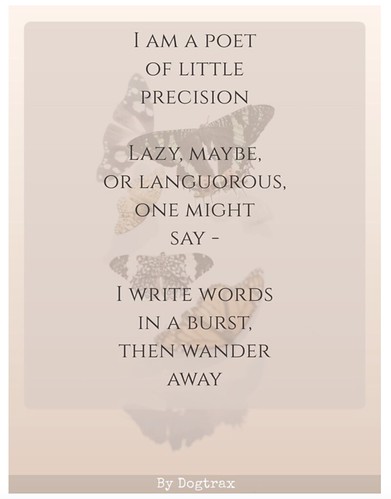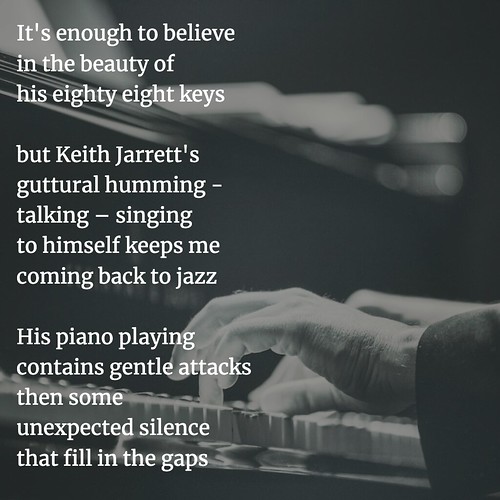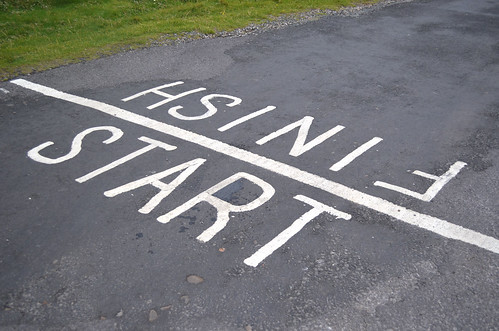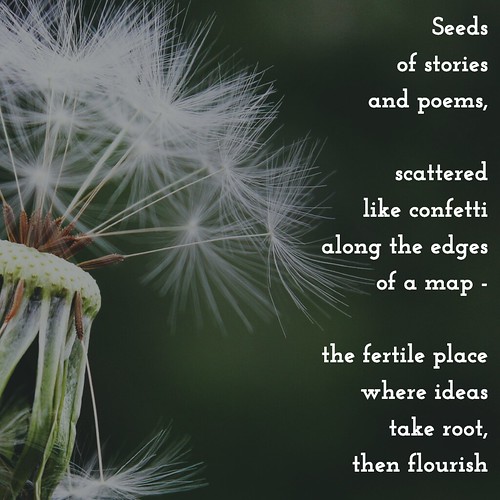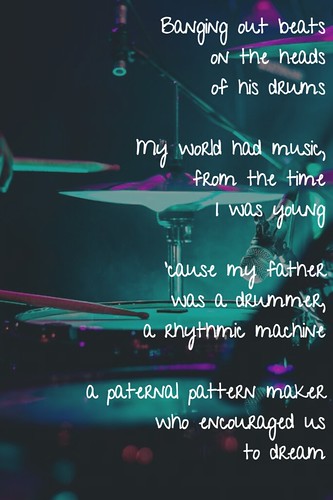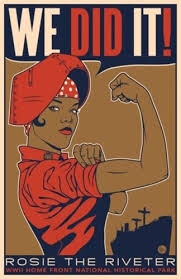
D. Elisabeth Glassco shared an entire thread on Mastodon the other day about ‘Black Rosies’ — the nearly forgotten members of the Rosie The Riveter generation of women who helped with war efforts at home during WW2. Efforts in recent years have worked to raise the profile of these woman.
Among these unsung heroes were over half a million “Black Rosies” who toiled in shipyards, factories, offices, and various other sectors to combat both foreign authoritarianism and the entrenched enemy of racism on the home front. Sadly, their immense contributions went largely unacknowledged for decades. — Glassco
But, unfortunately, many of these women worked in conditions and environments that were laced with prejudice and inequality, and for a long time, the iconic image of Rosie The Riveter was a white woman. Remembering the contributions of ‘Black Rosies’ is important as part of expanding the story narrative of our country’s wartimes history and I was intrigued by the insights and resources that Glassco shared (and I thanked her on Mastodon).
Black Rosies not only played a vital role in the war effort but also sought economic empowerment. For many Black American women, becoming a Rosie offered an escape from dead-end domestic and sharecropping jobs, aligning with the ongoing Great Migration. The war provided them with an unprecedented opportunity to earn money and shape a better future. — Glassco
Glassco’s posting caught my attention — not just for Juneteenth — but also because some of the work I have done with the Springfield Armory National Historic Museum and with Write Out (a National Writing Project/National Park Service partnership) has touched on and used the Rosie The Riveter story, with both other educators in Professional Development and with middle school students in summer programs that we have run at the Armory itself.
There is a Rosie The Riveter WW2 Home Front National Park in California. In particular, the life and story of Park Ranger Betty Reid Soskin has received a lot of attention, as it should.
I don’t particularly remember ever coming across this many resources (see list below) related to Black women who were also considered ‘Rosies’, but I wish we had had more in our Armory programming, particularly when working on historical inquiry with young people. Seeing themselves in the primary historical documents of the Springfield Armory has always been one of our program goals. We work hard to diversify the resources, to expand the stories, to make sure place and culture are central to the inquiries.
So, here’s further appreciation to D. Elisabeth Glassco for giving us more resources and ideas to think about for any future programming and for teaching me something on Juneteenth.
Peace (Making Progress),
Kevin
PS — here is Glassco’s curated list of sites and videos:
https://www.nps.gov/rori/learn/historyculture/betty-reid-soskin.htm
https://sacobserver.com/2022/07/rosie-the-riveter-and-the-black-women-who-joined-a-movement/
https://vimeo.com/589453279
https://www.history.com/news/black-rosie-the-riveters-wwii-homefront-great-migration
https://www.washingtonpost.com/dc-md-va/2021/12/31/black-rosies-world-war-ii/
https://www.nabmw.org/the-rosies
https://www.usamm.com/a/s/blogs/news/black-rosies
https://www.inquirer.com/opinion/commentary/black-rosies-african-american-women-world-war-ii-20210531.html?outputType=amp
https://www.blackenterprise.com/a-look-ins
